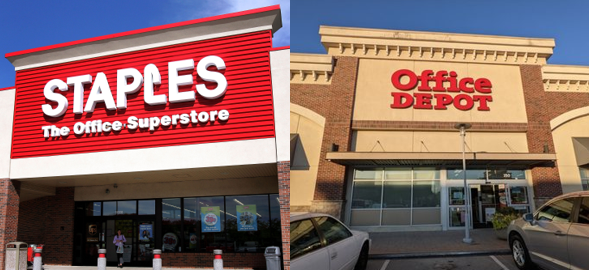Breaking into retail can be an exciting yet challenging journey for entrepreneurs, inventors, and small suppliers. At Retailbound, we’ve spoken with hundreds of product manufacturers hoping to get their products into major retailers. While most have great products and good intentions, many make costly mistakes before becoming retail-ready.
To help you avoid those pitfalls, here are the top 10 common mistakes potential retail vendors make—and how to avoid them.
1. Taking Advice from the Wrong People
There’s no shortage of “experts” online claiming they can help you get your product into retail stores. Unfortunately, many lack real-world retail experience. As the famous P.T. Barnum once said, “There’s a sucker born every minute.” Don’t be that sucker—seek guidance from professionals who have successfully worked with retailers and understand what it takes to bring a product to market.
2. Lacking Knowledge About Your Own Product
Even if you didn’t personally invent your product, you must know every detail about it—its features, competitive advantages, pricing structure, and production process. Retail buyers expect you to know your product inside and out. If you can’t answer their questions confidently, they’ll move on to a vendor who can.
3. Skipping the Proper Steps to Sell to Retailers
Selling to retailers isn’t something you can rush. There’s a proven process—from calculating costs and creating a compelling pitch deck to completing vendor paperwork correctly. Skipping these steps or taking shortcuts often results in rejection or wasted opportunities.
4. Overproducing Inventory Too Early
It’s tempting to start manufacturing large quantities of your product, but doing so before securing a retail deal can backfire. Retail buyers often request packaging, pricing, or product modifications. Focus on producing high-quality samples first, and wait for confirmed purchase orders before ramping up production.
5. Neglecting a Business or Marketing Plan
A solid business plan and marketing strategy are essential for retail success. Without a roadmap, you’re operating on guesswork—and that’s a recipe for failure. Your plan should include clear goals, budgets, distribution strategies, and marketing tactics to attract both buyers and consumers.
6. Thinking Selling to Retailers Is Easy
Selling to major retailers like Walmart, Target, or Best Buy is one of the toughest challenges in business. Many suppliers underestimate the time, effort, and capital it takes to land and maintain retail accounts. Failing to plan for these costs can lead to serious financial problems down the line.
7. Skipping Proper Market Research
Asking friends or family for feedback doesn’t count as market validation. Real market research involves gathering data from unbiased consumers and understanding your target demographic. Partner with a professional market research firm to determine if there’s true demand for your product.
8. Ignoring Patent or Trademark Issues
Many new vendors assume their product idea is “unique.” However, without a proper patent search, you could be infringing on existing intellectual property. Hire a qualified attorney to conduct a patent and trademark search before investing heavily in development and marketing.
9. Underestimating the Time It Takes
Getting your product developed, tested, packaged, and placed on retail shelves takes time—often months or even years. Don’t expect overnight success. Be patient, stay consistent, and focus on building relationships with buyers and distributors.
10. Trying to Do Everything Yourself
Entrepreneurs often try to save money by handling every aspect of their business, from packaging design to negotiating contracts. However, this DIY approach can be costly in the long run. Invest in experts who specialize in areas like retail negotiations, packaging, and quality control to ensure your brand looks professional and retail-ready.
Final Thoughts
Avoiding these common mistakes can significantly improve your chances of landing retail deals and scaling your brand successfully. The retail world is competitive—but with the right knowledge, strategy, and guidance, your product can stand out.
Want to learn more about how to sell your products to retailers and avoid these pitfalls?
👉 Visit Retailbound.com to get expert guidance and proven retail strategies.



